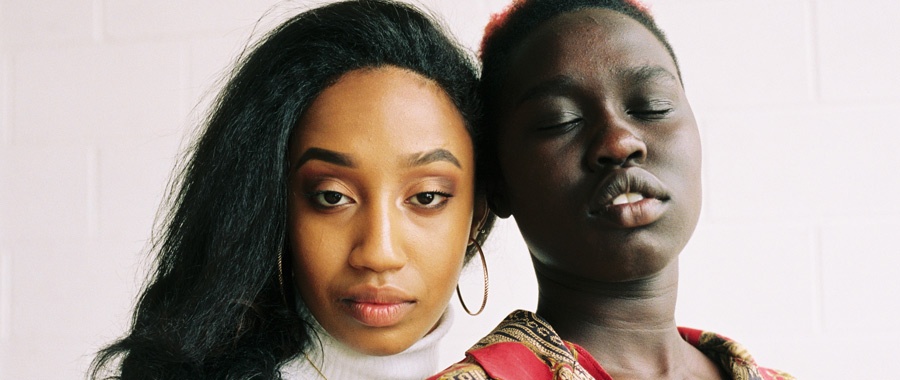In a world often fraught with division and polarization, the Bahá’í teachings stand as a beacon of hope, inviting individuals and communities to embrace unity in diversity through activism. This philosophy not only encourages a sense of shared humanity but also urges active participation in addressing societal issues. How can this abstract notion of unity translate into tangible action, particularly in a landscape marked by injustice and inequality? This question presents a compelling challenge: to reconcile the ideal of oneness with the multifaceted nature of activism, which assumes various forms across different cultures and contexts.
To embark on this exploration, one must first delineate the concept of unity within diversity. The Bahá’í faith emphasizes that inherent in the diversity of the human race lies the very essence of unity. This principle posits that every individual, irrespective of their background—be it racial, ethnic, religious, or cultural—contributes uniquely to the collective tapestry of society. Embracing diversity not only enriches our individual lives but also enhances communal strength. Our differences should not be seen as obstacles but rather as opportunities for collaboration and deeper understanding.
This recognition of unity in diversity forms the bedrock of Bahá’í activism. Activism, in this context, transcends conventional definitions; it is not merely about engaging in protests or voicing dissent. Instead, Bahá’í activism is couched in a broader framework that encompasses both spiritual and social dimensions. Whether through grassroots community initiatives, educational programs, or dialogues aimed at fostering mutual respect and understanding, activism takes myriad forms, each tailored to nurture unity amid diversity.
For instance, educational endeavors constitute a critical avenue for activism within the Bahá’í community. By promoting literacy and access to education, activists empower marginalized populations, thereby dismantling systemic barriers that perpetuate inequality. Education, seen as a catalyst for change, fosters a generation that appreciates and embodies the values of diversity and unity. Moreover, it cultivates critical thinkers who are equipped to challenge oppressive structures and advocate for social justice.
The Bahá’í approach to environmental stewardship provides another illustration of how unity in diversity manifests through activism. The planet’s ecological crises demand a collective response that transcends borders and ideologies. Integrating principles of equity and sustainability, Bahá’í teachings champion a holistic understanding of environmental issues. Activists advocate for policies that reflect a commitment to the well-being of all, recognizing that the degradation of the environment disproportionately affects the most vulnerable communities. Here, the interconnection of humanity with the natural world underscores the necessity of cooperation across diverse sectors of society.
In contemplating the challenges of fostering unity in diversity through activism, one must confront the specter of cultural imperialism. While the aspiration to unify is noble, it is imperative to navigate this pursuit with sensitivity, ensuring that the voices of all communities are heard and respected. The Western paradigm of activism, characterized by individualism and a specific set of methodologies, may not resonate with global traditions that prioritize communal values and collective action. Thus, one pivotal challenge is to foster an authentic dialogue that honors these varied approaches while collaboratively identifying solutions to shared global dilemmas.
This journey towards unity also invites thoughtful introspection within the Bahá’í community itself. The call for global unity necessitates that followers engage in self-analysis regarding their own prejudices and biases. An authentic commitment to activism demands vulnerability, as individuals must confront uncomfortable truths about their own roles in perpetuating divisions. This process of self-examination can result in profound personal transformation, ultimately equipping individuals to contribute more effectively to the collective aspiration for unity.
Moreover, the intersectionality of activism highlights the necessity of adopting a multifaceted approach. Issues of race, gender, and socio-economic status are interlinked; thus, activism must be inclusive and responsive to these complex realities. Bahá’ís are encouraged to reach beyond their circles and engage with diverse communities, thereby enriching the dialogue around activism and unity. Acknowledging and celebrating the contributions of all while addressing specific needs through tailored initiatives can create a symbiotic relationship conducive to lasting change.
The role of technology in activism cannot be understated in this modern era. Social media platforms and digital communication channels have revolutionized the way movements occur and how information is disseminated. These tools can amplify marginalized voices, unite disparate groups under a common cause, and mobilize resources swiftly. However, one must also be wary of the pitfalls associated with digital activism, such as misinformation and slacktivism. A discerning approach is necessary to ensure that online engagement translates into meaningful, real-world impact that aligns with Bahá’í principles.
In conclusion, the Bahá’í teachings surrounding unity in diversity and activism invite a deliberate examination of not only our societal structures but also our individual roles within them. As we grapple with the complexities of societal issues, the challenge persists: How can we constructively channel our beliefs into dynamic forms of activism that reflect a genuine commitment to unity? Embracing diversity and nurturing collaboration across various spheres will enhance our collective efficacy. In this quest, the practical applications of Bahá’í principles illuminate a path forward, fostering a world in which unity and diversity coalesce harmoniously, laying the groundwork for a more just and equitable society.
